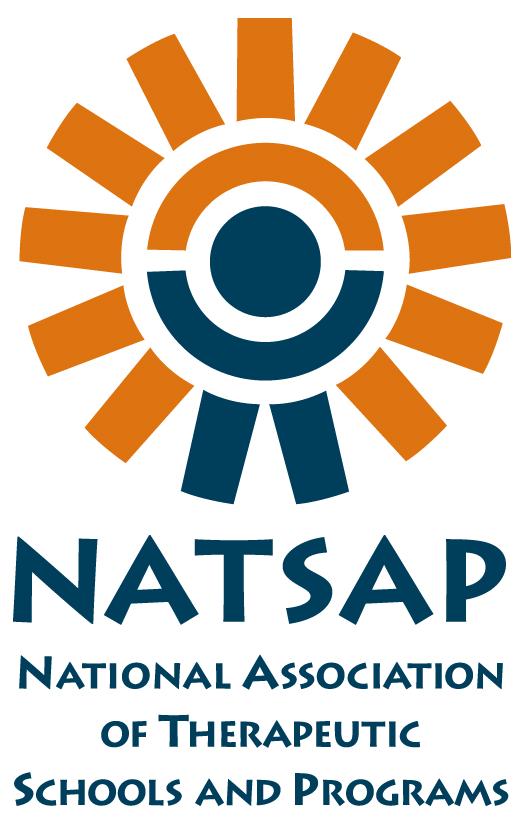What is a Suicidal Ideation? Suicidal Ideation is a medical term meaning thoughts about or an unusual preoccupation with how to kill oneself.
According to the Center for Disease Control, suicide is the third leading cause of death among teenagers.
- Over 1,500 teens kill themselves each year
- In 1998, there were 1,520 suicides among 13-18 year olds
- Approximately 1 in 12 high school students say they have made a suicide attempt in the past year
- More than 3 in 5 youth suicides involve firearms
Warning signs or symptoms of suicidal thoughts (ideations)
- Talking about suicide – saying “I’m going to kill myself,” “I wish I was dead” or “I wish I hadn’t been born”
- Acquiring the means to commit suicide, such as buying a gun or rope or pills
- Withdrawal and wanting to be left alone
- Mood swings, such as a sudden improvement or decline
- Preoccupation with death, dying or violence
- Hopelessness or feeling trapped
- Increased use of alcohol or drugs
- Depression
- Change in normal routine, including eating or sleeping patterns
- Doing risky or self-destructive things
- Giving away belongings or getting affairs in order
- Extreme anxiety
- Loss of interest in activities they previously enjoyed
- Visiting people as if saying ‘goodbye’
This is not a comprehensive list of warning signs or symptoms and all suicidal thoughts do not lead to attempts of suicide. It is important to note that suicidal ideations are not always apparent and everyone is different. Some keep their feelings a secret and others may make their suicidal feelings known.
Suicidal thinking does not get better on its own.
Triumph Youth Services offers a small, highly structured family-type environment for youth. This family-like community promotes a social environment that takes on both therapeutic and healing properties instead of maintaining negative behaviors. A minimum ratio of one direct care staff to every six students is upheld; however, we often maintain a ratio of one direct care staff to every four students. This direct care staff ratio does not include administration, clinicians, office staff and teachers who are also present to supervise and assist where needed.
Our Cognitive Behavior Therapy (CBT) approach utilizes individual therapy combined with group and family therapy to treat each youth’s issues. In addition to the therapy, the Positive Peer Culture utilized in Triumph Youth Services facilities help the youth process their issues and build skills for their own personal progress.
Triumph Youth Services provides a daily Life Skills Group. The goal of our Life Skills Group training program is to teach the student a new set of responses to social situations, as well as how to integrate his behavior with others in the environment. Our staff members are trained and encouraged to be effective leaders by serving as teachers or coaches who hold the young men responsible for working on problems and to act as limit setters and good listeners.
The clinicians at Triumph Youth Services are highly trained and have extensive experience working with adolescent youth. Our clinicians are licensed and approved as mental health professionals to provide individual, group and family therapy.








